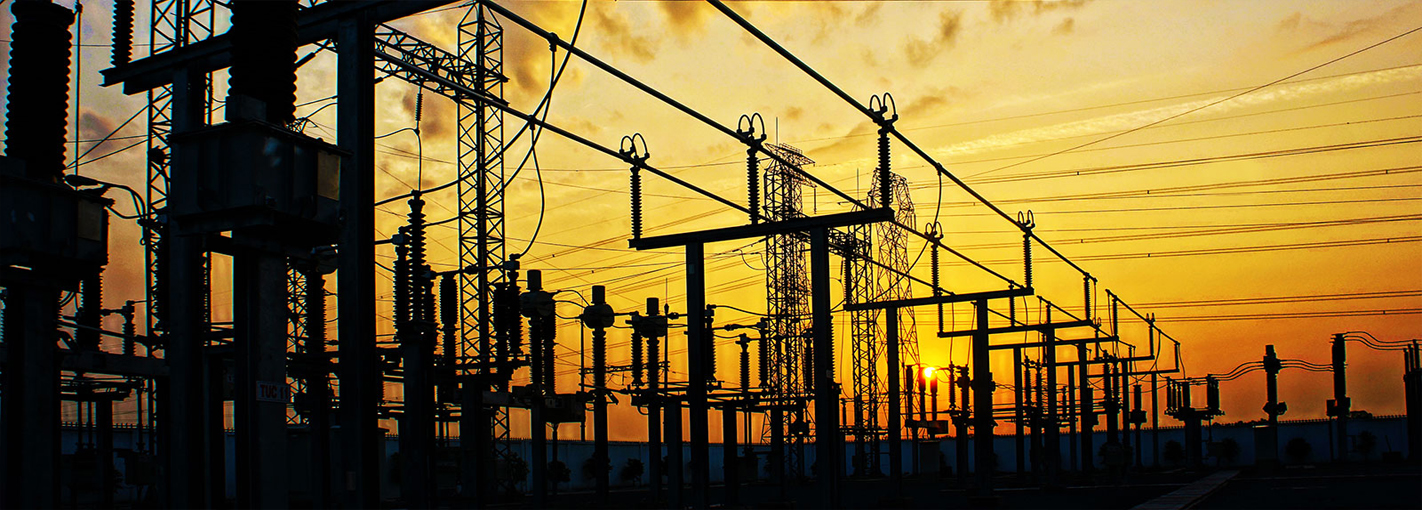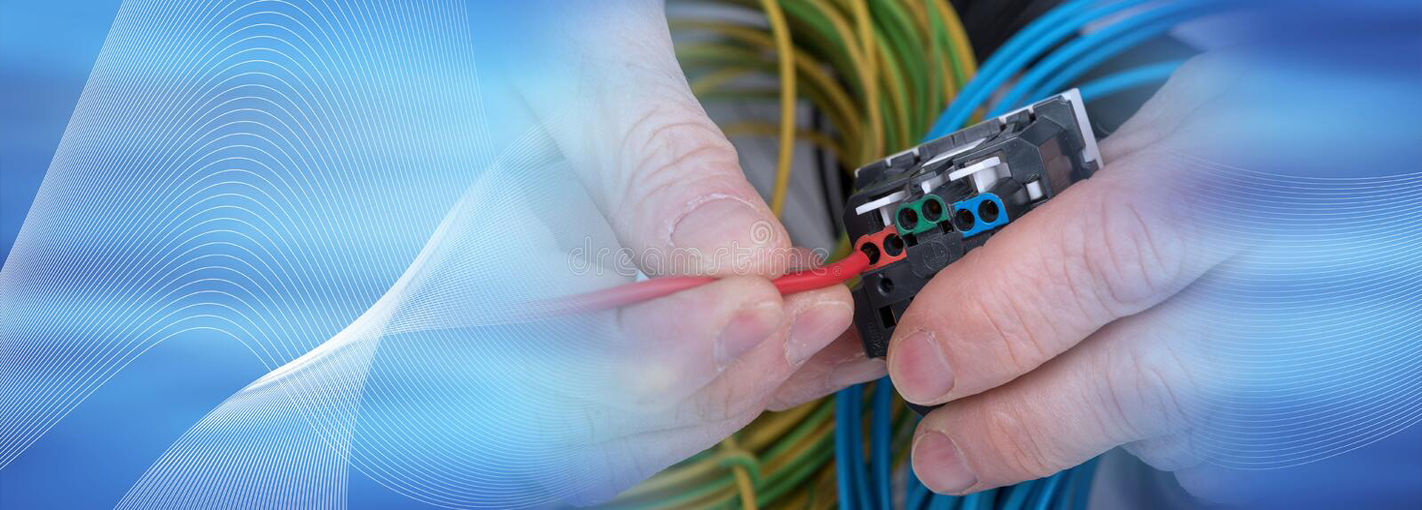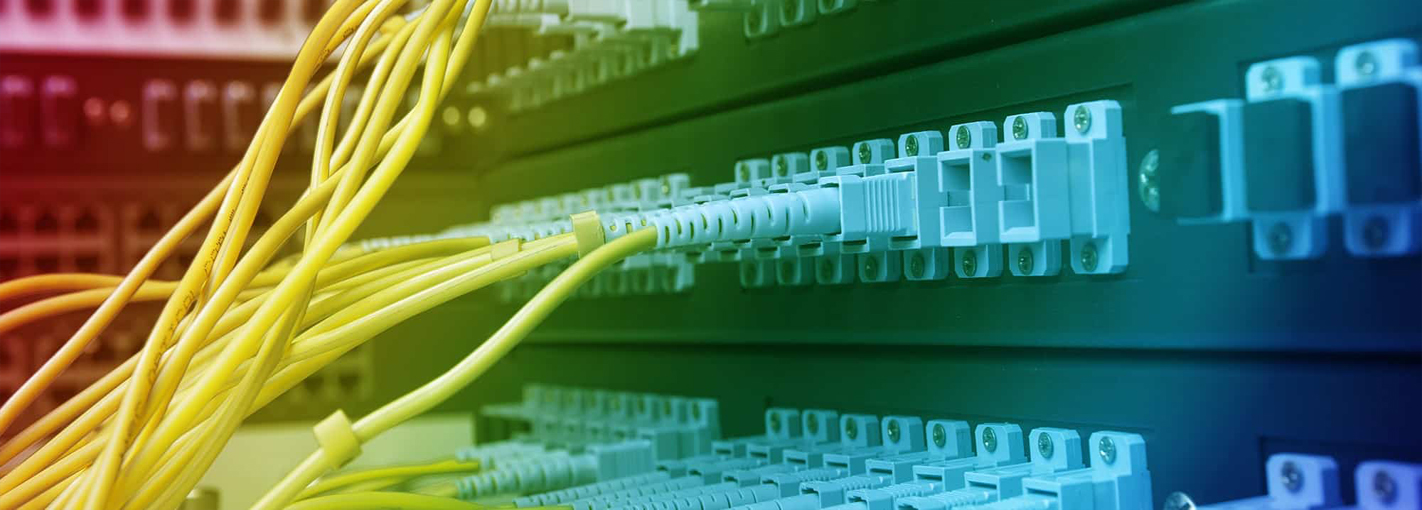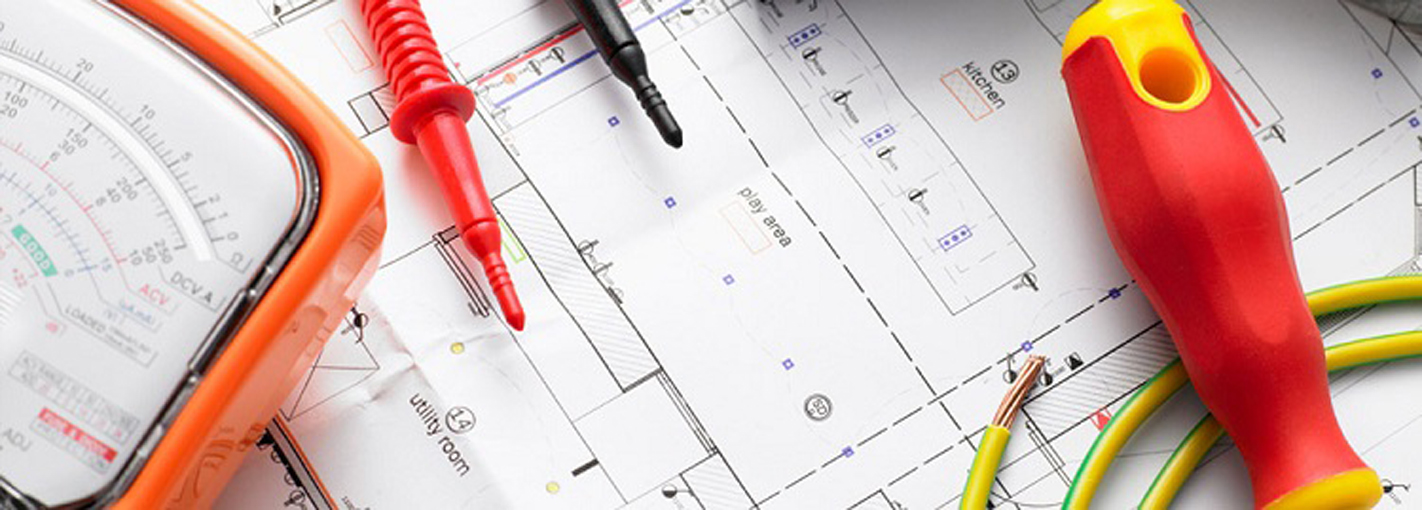1. Circuit and Simulation Lab:
A Circuit and Simulation Laboratory is an academic facility where students use specialized software to design, analyze, and test electrical and electronic circuits virtually before building them physically. It bridges theoretical knowledge with practical application by allowing students to verify circuit laws and theorems, observe circuit parameters, and understand how circuits behave under various conditions in a controlled, software-based environment.A simulation lab is a specialized facility designed to replicate real-world environments and scenarios in a safe, controlled setting, allowing for hands-on training, skill development, and practice without the risks of actual situations
2. Electrical Workshop:
The Electrical Workshop is sufficiently outfitted with all the equipment and accessories for conducting practical classes in wiring practices as per BIS specifications. Models of modern switchgear and wiring accessories are deployed for the benefit of the students. The students are exposed to the current practices in domestic wiring and industrial installation.
3. Electrical Machines Lab:
The electrical machines laboratory is equipped with over 9 branded AC machines (single phase and three phase Transformers, Induction machines and Synchronous machines) and DC machines, enabling our students to work in an industrial environment. The lab facilities are sufficient to conduct experiments as per University syllabus and much more relevant experiments. The lab gives the students a thorough practical knowledge of AC and DC machines along with its industrial applications.
4. Electrical Measurements Lab:
The Measurement and Instrumentation Lab is equipped with various transducers and instrumentation trainers, resistive, capacitive and inductive measurement systems, LVDTs and strain gauges, thermocouples and RTDs, and Wheatstones Bridge. The lab also contains many basic electrical variables and time measurement equipments such as frequency counters, digital stopwatches, digital multimeters, electronic energy meter, electronic standard cells and digital oscilloscopes. The lab helps the students to gain hands on experience in different types of transducers and measurement systems.
5. Simulation Practice on Matlab:
A simulation is a virtual representation of a real-world system used to understand its behavior without interacting with the actual system, while a MATLAB laboratory is a teaching and research space where this process is carried out using MATLAB, a powerful software environment for numerical computation, data visualization, and algorithm development, often with its companion tool Simulink for building and simulating dynamic systems using block diagrams.
6. Power Electronics Lab:
The Power Electronics Lab is equipped with Power Electronics Training System- Power MOSFETS, power thyristors, chopper/invertors control units, thyristors controllers, function generators, oscilloscopes, powerscopes, multimeters and signal generators. It is used for teaching the integration of power electronics converters to design and implement motor drive systems and controlled drives.
(0674) 2111404 / 2111303
svset_in@yahoo.com




